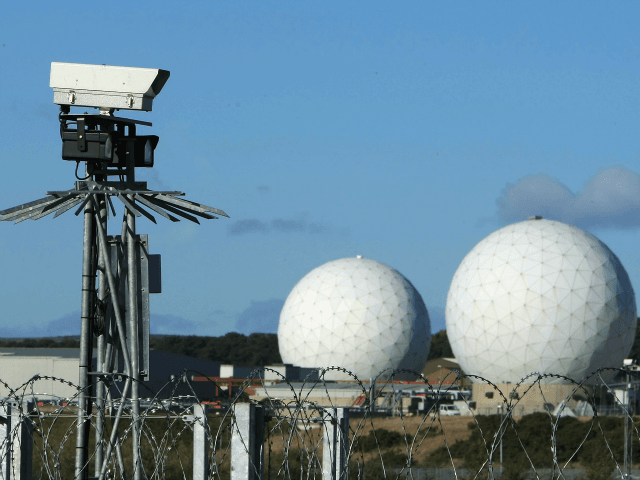The Investigatory Powers Tribunal (IPT) this week ruled that the remote activation of microphones and cameras on electronic devices such as smartphones by the Government Communications Headquarters (GCHQ) spying agency, without the owner’s knowledge, is legal.
The IPT — the independent judicial body which hears complaints about surveillance from public bodies and the intelligence services — ruled in favour of GCHQ and the Foreign Office in an historic case heard in 2015.
The case represented the first time that GCHQ — the British intelligence and security agency responsible for monitoring signals intelligence — admitted it does carry out equipment interference, also known as ‘hacking’, in the UK and overseas, reports The Independent.
Until now the approach of the organisation, described as “worse than the U.S.” by whistleblower Edward Snowden, had always been to “neither confirm nor deny” such activities, but it is now known that in 2013 about a fifth of its intelligence reports contained information derived from hacking.
The case was brought by the human rights ‘watchdog’, Privacy International. With its campaigns focused on privacy intrusions by government and businesses, it had hoped to establish that GCHQ’s hacking operations, known as computer network exploitation (CNE), are too intrusive and break European law.
Having lost the case there is no higher UK court to which it can appeal, although the option to take the case to Europe remains.
The IPT ruled:
The use of CNE by GCHQ, now avowed, has obviously raised a number of serious questions, which we have done our best to resolve.
Plainly, it again emphasises the requirement for a balance to be drawn between the urgent need of the intelligence agencies to safeguard the public and the protection of an individual’s privacy and/or freedom of expression.
We are satisfied that with the new [equipment interference code] and whatever the outcome of parliamentary consideration of the investigatory powers bill, a proper balance is being struck in regard to the matters we have been asked to consider.
After the ruling Foreign Secretary Philip Hammond noted that CNE operations play “a crucial part in our ability to protect the British public” adding that a “proper balance is being struck between the need to keep Britain safe and the protection of individuals’ privacy.”
The Home Office has published a code of practice for hacking, and hopes to put it on a firmer legal footing when its planned Investigatory Powers Bill comes into law later this year.
Staff at Privacy International are, understandably, disappointed by the ruling. Scarlet Kim, a legal officer for the organisation, said:
“Hacking is one of the most intrusive surveillance capabilities available to intelligence agencies.
“The IPT has decided that GCHQ can use ‘thematic warrants’, which means GCHQ can hack an entire class of property or persons, such as ‘all phones in Birmingham’.
“In doing so, it has upended a longstanding English common law principle that such general warrants are unlawful. Allowing governments to hack places the security and stability of the internet and the information we exchange on it at stake.”

COMMENTS
Please let us know if you're having issues with commenting.